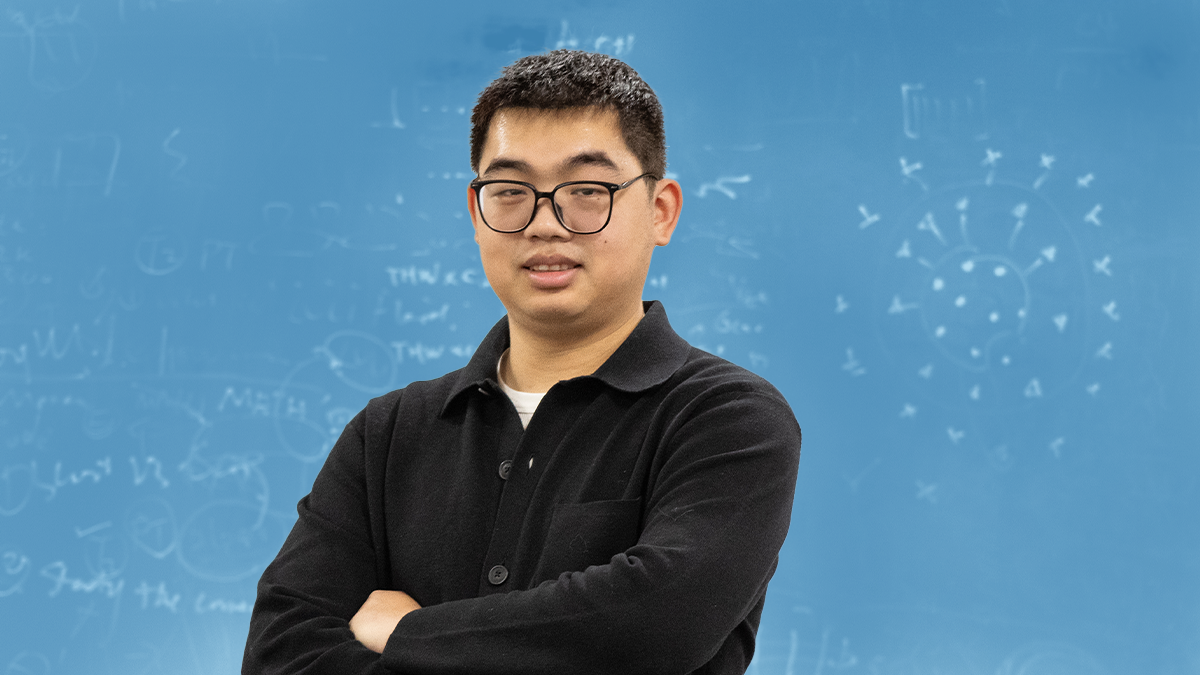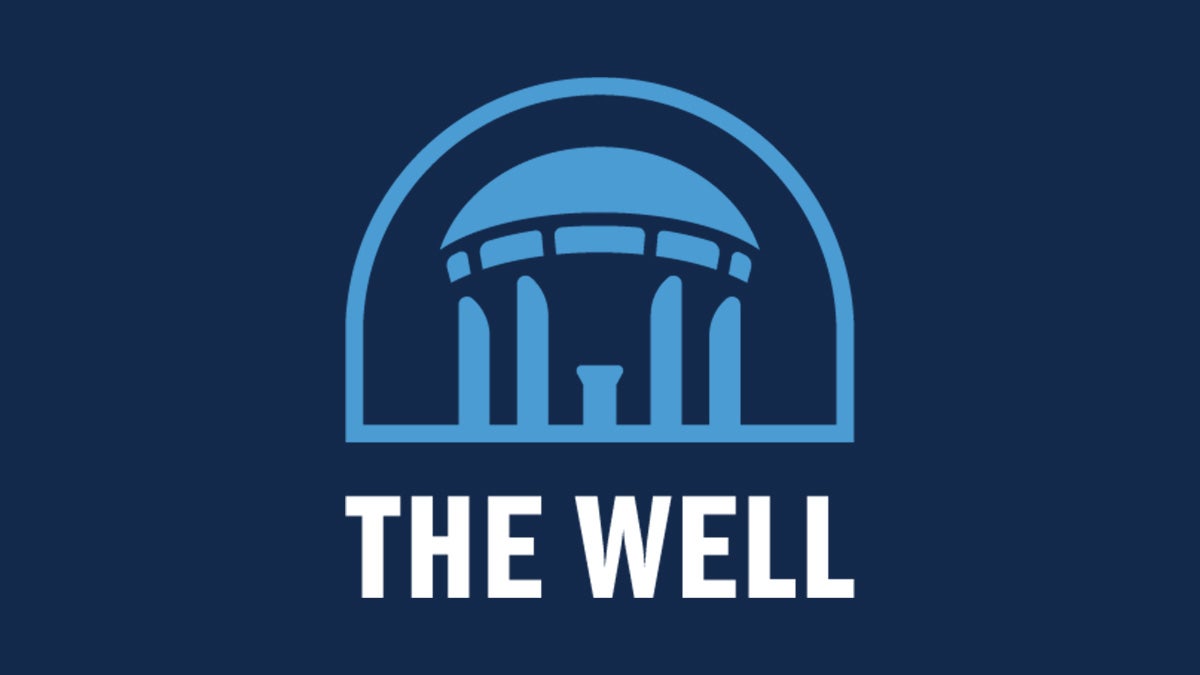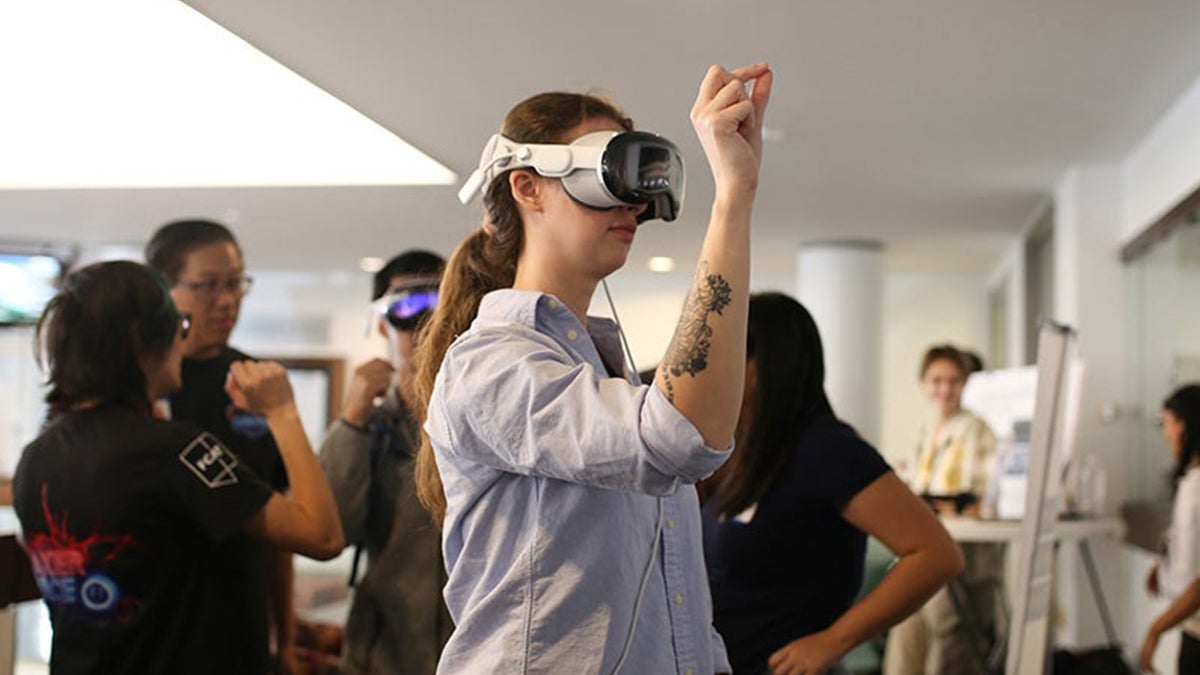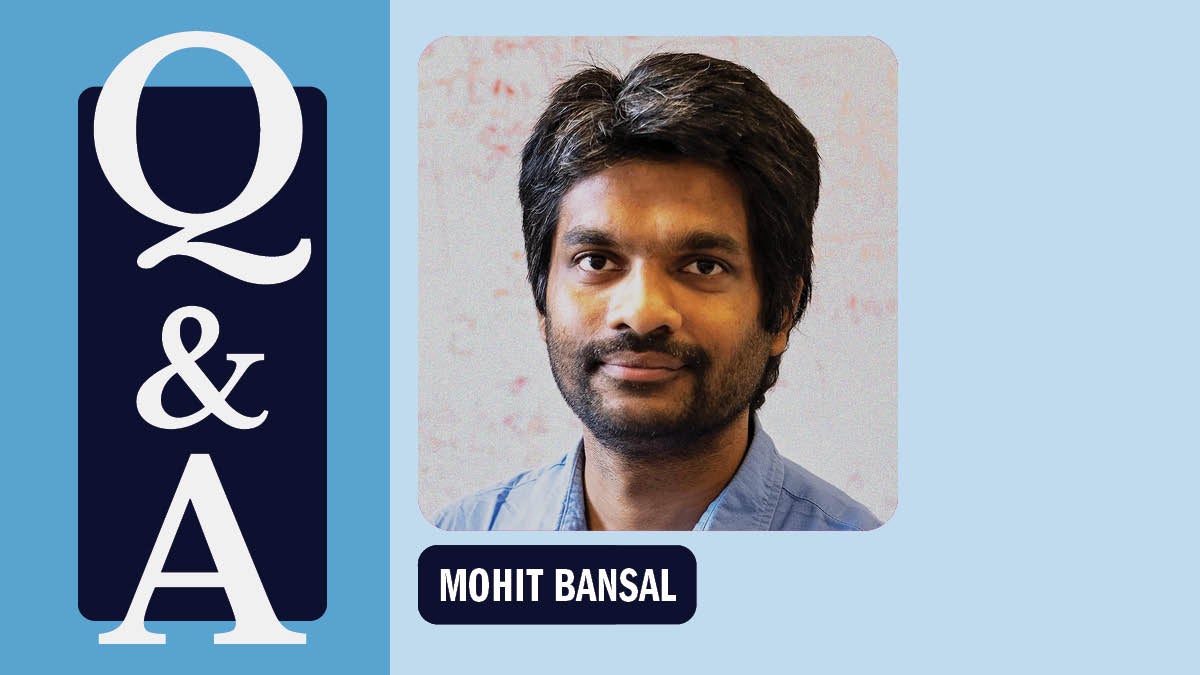Google backs Tar Heel’s AI research
Doctoral student David Wan is helping to make the rapidly evolving technology more reliable.

When natural language processing expert David Wan began his doctoral studies at Carolina in 2020, he had trouble explaining his dissertation topic to less technical friends and family.
“But now, because everyone’s familiar with ChatGPT, I just say I work on programs like ChatGPT,” he said with a smile.
Wan is a fourth-year computer science doctoral student and is advised by Mohit Bansal, the John R. and Louise S. Parker Distinguished Professor of Computer Science.
Wan is passionate about natural language processing — which he describes as the “perfect blend” of computer science and linguistics — because of his love of languages. The Tar Heel, who was born near Stuttgart, Germany, before moving to Shanghai, speaks five languages: English, German, Chinese, Japanese and “a little bit” of French.
Within the broad field, Wan studies how to make generative AI — a type of artificial intelligence that uses large models to create new content — more factual and reliable. He focuses on hallucinations and confabulations, which occur when AI chatbots invent wrong answers and present them as fact.
“These AI models are really impressive, but they still make mistakes or provide incorrect information,” Wan said.
These mistakes can be caused by flaws and biases in an AI model’s training sources or through limitations of the models themselves. And those mistakes can be costly.
In 2022, Air Canada’s AI-powered customer chat promised reduced fares to a passenger traveling for a funeral, quoting the company’s bereavement policy. But the chatbot got the airline’s policy wrong. The issue was settled in court in 2024. Air Canada lost the case, was ordered to pay for damages and fees, and took a hit to its reputation.
Wan is working to put a stop to mistakes like these — and their consequences.
“It’s always interesting,” Wan said of his research. “The field is moving so quickly, and you get these new models every week or every month.”
In 2024, Wan’s AI research contributions got Google’s attention. He received a prestigious Google Ph.D. Fellowship in natural language processing, an award that covers the remainder of his doctoral education and connects him with a Google research mentor.
“It was definitely very good news,” Wan said. He is one of only four scholars in the U.S. and 12 worldwide selected for the natural language processing fellowship. Google selected a total of 26 recipients in the U.S. and 85 worldwide across 13 research areas.
“David has done extensive work on improving faithfulness, factuality and grounding of AI models,” said Bansal, Wan’s adviser. “He is tackling one of our field’s fundamental challenges: reliable and trustworthy AI. I’m excited to see where this fellowship’s support will take his groundbreaking work.”
A member of UNC-Chapel Hill’s Multimodal Understanding, Reasoning and Generation for Language laboratory, Wan collaborates with researchers across AI disciplines to create a better understanding of generative AI. The opportunity to explore different areas of artificial intelligence, coupled with Bansal’s and other faculty members’ expertise, is what drew Wan to Carolina.
“Sometimes even the most basic things in another particular field can have an interesting application, or a huge impact, on your field,” Wan said.
His collaborations with Carolina colleagues studying multimodal AI — models that can analyze and create many different types of data, including images, graphics and videos — have attracted attention from industry experts.
Thinking of the future, Wan is excited by the continued evolution of generative AI and the possibility of integrating it into products in innovative ways.
When asked if he uses chatbots like ChatGPT in his personal life, he answered immediately: “Every day.”


